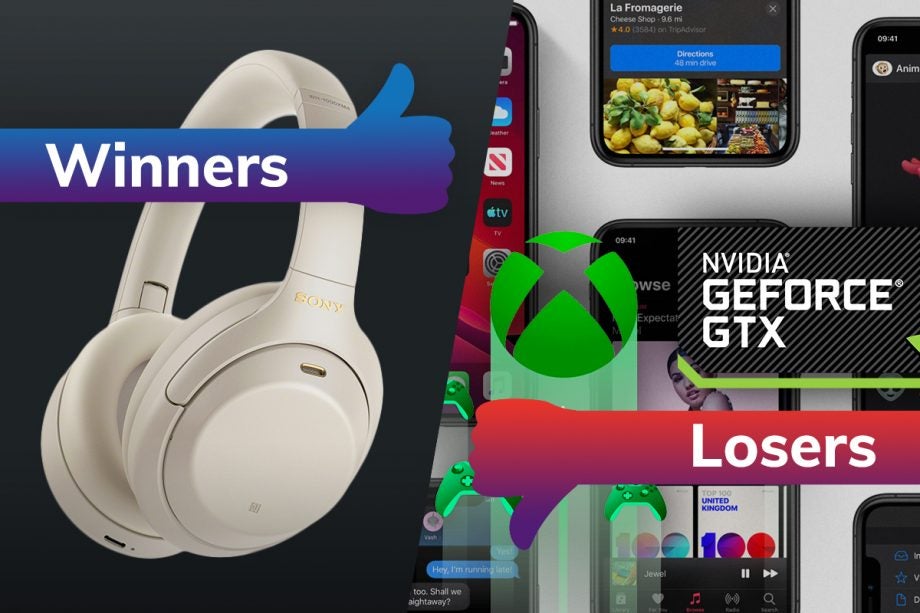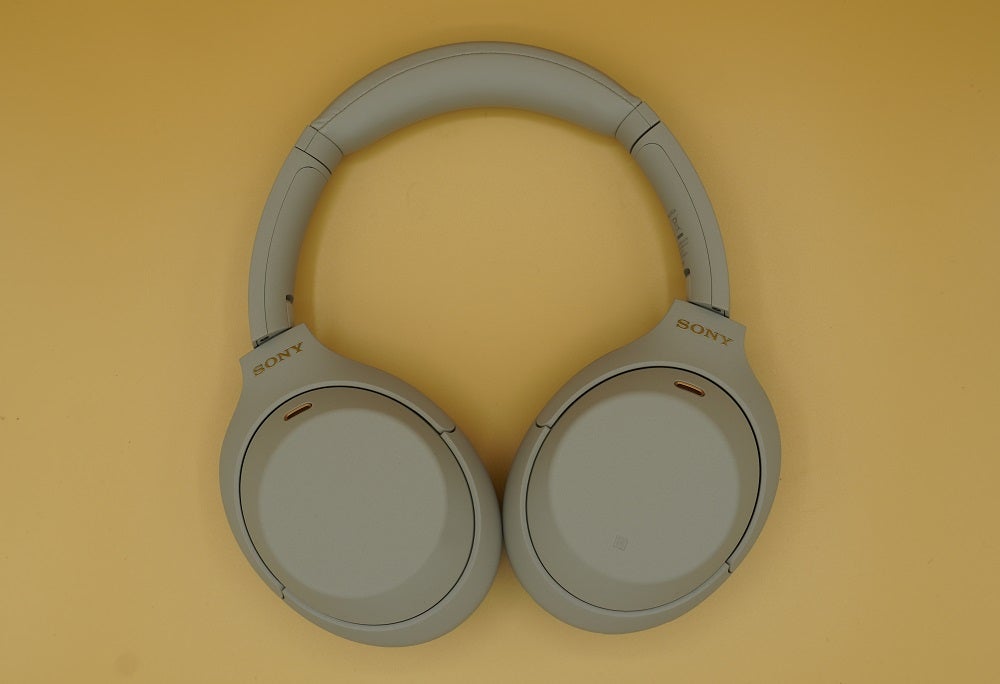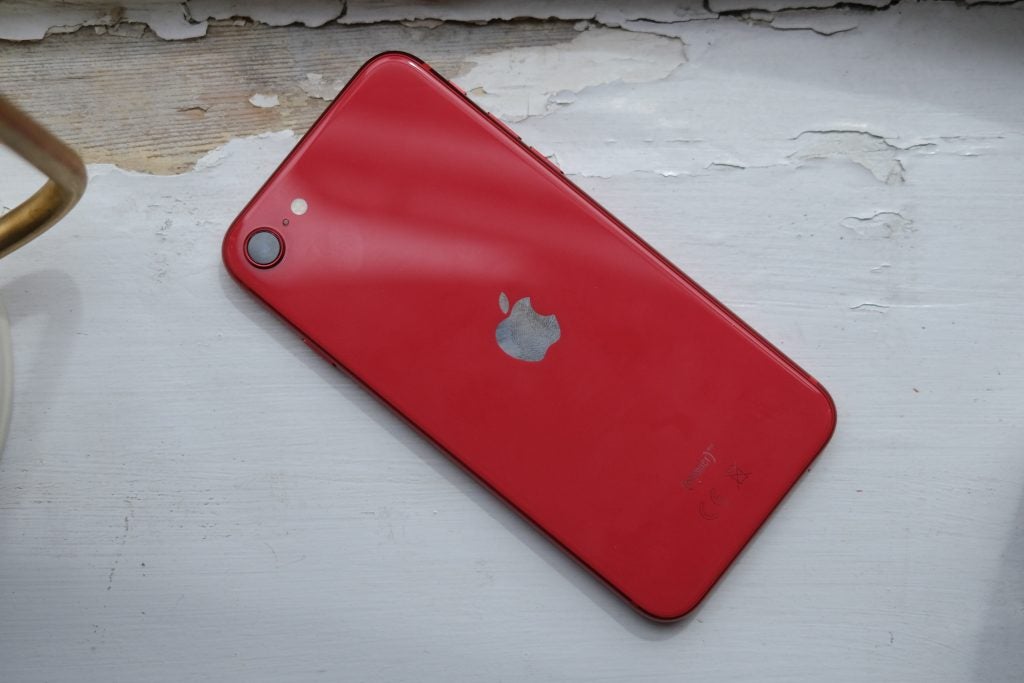Winners and Losers: Sony’s WH-1000XM4’s impress while Apple shuns xCloud

Want to know which companies struck gold and fell foul during the last week in tech? For our look back on the honourable (and dishonourable) highlights of this week’s headlines, it could only be Trusted Reviews’ Winners and Losers.
It’s been a jam-packed week in tech. Fall Guys has become the hot new lockdown game while Samsung unveiled a load of products that have us all wishing everything could come in Mystic Bronze (if only we had enough money to buy them all). Meanwhile, TikTok’s future in the US remains increasingly uncertain unless an impending buyout from Microsoft gets underway. Although, as our resident reporter Chris Smith pointed out…
Microsoft buying TikTok is a great way to kill TikTok https://t.co/q3suhefcTb
— Chris Smith (@ByChrisSmith) August 3, 2020
But in the end, we had to pick just one winner and one loser, and in our eyes it had to be a punch-up between the incredible Sony WH–1000XM4 headphones and Apple’s unwillingness to cooperate with Microsoft xCloud.

Winner: Sony WH-1000XM4
Unless you’ve put on a pair of headphones from the Sony WH-1000 range, this week’s winner might be a little bit tricky to explain. But take it from someone who jumped in at the Sony WH-1000XM2, and is currently rocking the Sony WH-1000XM3 over ears (heat wave be damned), Sony’s headphones are a dream come true for music lovers.
In addition to having some of the most distinct audio channel separation on the market, these headphones also benefit from top-tier noise cancellation, which I can tell you from experience has become an absolute blessing where productivity is concerned.
The Sony WH-1000XM4 headphones only continue this stellar reputation by adding some essential upgrades that’ll improve the overall experience. These features range from the new wear sensor, that’ll detect if the headphones have been removed and pause the music accordingly, and the ‘Speak to Chat’ function which learns your vocal patterns to automatically stop whatever’s playing once you begin speaking.
Then there’s the inclusion of Adaptive Smart Control, which is one of those features that lets you know you’re living in the future. This neat little trick will utilise location data to understand your most frequently visited locales and automatically change to the best suited configuration to constantly deliver the optimum listening experience.
Of course, from the outside, the WH-1000XM4’s look almost identical to their predecessor, but given the previous design absolutely nailed it where style and comfort are concerned, this isn’t much of an issue.

Loser: Apple (over Microsoft xCloud)
The world of smartphones and gaming collided in a great big handshake this week as Microsoft’s long-gestating xCloud service was shown to be running on the Galaxy Note 20 Ultra, during the Samsung Unpacked Event.
The idea of bringing affordable, Google Stadia-like game streaming to mobile but with the tried and tested infrastructure of Game Pass sounds like Microsoft’s next big goldmine, but not where Apple is concerned. The California giant has slammed the door on the idea of xCloud appearing on the App Store.
More infuriating than the fact that xCloud won’t be coming to iPhone or iPad is Apple’s response, which doesn’t seem to clarify anything. An Apple spokesperson stated:
“The App Store was created to be a safe and trusted place for customers to discover and download apps, and a great business opportunity for all developers… before they go on our store, all apps are reviewed against the same set of guidelines that are intended to protect customers and provide a fair and level playing field to developers.”
The issue seems to stem from xCloud’s library of titles not being submitted for Apple’s review in addition to the app itself. This throws up a load of questions as to how other streaming services like Netflix and Prime Video having managed to get by without issue, but chances are this is Apple attempting to block anything that might challenge its Apple Arcade service.
This is a huge blow for consumers however, and will no doubt force a lot of Apple enthusiasts to weigh up future purchases against a desire to engage with the xCloud service.


